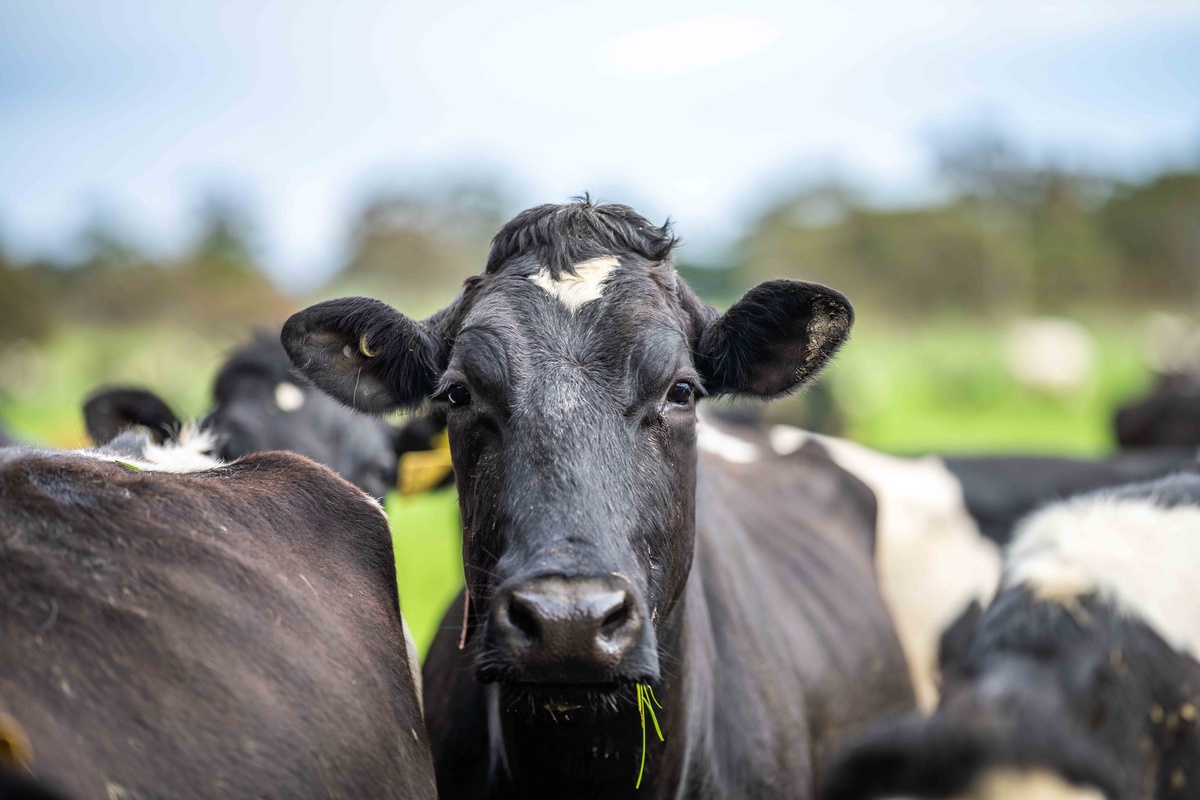Livestock farming has long been a crucial component of global agriculture, providing us with essential resources like meat and dairy products. However, the environmental impact of traditional cattle farming, particularly in terms of methane emissions, has raised concerns about sustainability. In recent years, a promising solution has emerged – Asparagopsis cattle feed. This article explores the potential of Asparagopsis algae in revolutionizing livestock nutrition and its impact on cattle farming practices.
1. The Methane Challenge:
Methane emissions from livestock, especially cattle, contribute significantly to greenhouse gas emissions and climate change. Cows produce methane during digestion, primarily through a process called enteric fermentation. This has led researchers and farmers to seek innovative solutions to reduce methane production without compromising the health and productivity of the animals.
2. Enter Asparagopsis:
Asparagopsis, a type of red seaweed, has garnered attention for its ability to mitigate methane emissions from cattle. The seaweed contains compounds that inhibit the methane-producing microbes in the stomachs of ruminant animals. When incorporated into cattle feed, Asparagopsis has shown promise in significantly reducing methane emissions during digestion.
3. Scientific Studies Supporting Asparagopsis:
Several scientific studies have investigated the effectiveness of Asparagopsis in cattle feed. These studies consistently demonstrate a substantial decrease in methane production without adverse effects on the animals' health or productivity. Researchers are optimistic about the potential of Asparagopsis to revolutionize the way we approach livestock nutrition.
4. Environmental Benefits:
The incorporation of Asparagopsis into cattle feed has broader environmental benefits. By reducing methane emissions, this innovative approach contributes to mitigating climate change. As methane is a potent greenhouse gas with a much higher warming potential than carbon dioxide, any reduction in its release is a positive step toward a more sustainable future.
5. Sustainable Farming Practices:
Farmers worldwide are increasingly recognizing the importance of sustainable and eco-friendly farming practices. The use of Asparagopsis in cattle feed aligns with this goal by providing a practical solution to address the environmental impact of livestock farming. Asparagopsis not only benefits the environment but also offers a sustainable option for farmers looking to improve the overall efficiency of their operations.
6. Challenges and Considerations:
While the potential of Asparagopsis in cattle feed is promising, there are challenges and considerations to address. These include scalability of production, cost-effectiveness, and the need for further research to ensure the long-term health and well-being of the animals. Additionally, understanding the optimal dosage and integration into existing feeding practices is crucial for successful implementation on a larger scale.
7. Future Implications and Industry Adoption:
As awareness of the environmental impact of traditional livestock farming grows, the adoption of Asparagopsis in cattle feed could become a game-changer for the industry. The potential to reduce methane emissions aligns with global efforts to combat climate change, making Asparagopsis a key player in sustainable agriculture.
The Final Words:
In conclusion, Asparagopsis in cattle feed holds immense promise for revolutionizing livestock nutrition and addressing the environmental challenges associated with traditional cattle farming. The ongoing research and positive results from scientific studies provide hope for a more sustainable and eco-friendly future for the livestock industry. By embracing innovative solutions like Asparagopsis, we can pave the way for a greener and more responsible approach to livestock farming, benefiting both the industry and the planet.


No comments yet